Ratan Tata: A Visionary Leader and Philanthropist
Ratan Naval Tata, the former chairman of Tata Sons and Tata Group, remains one of the most revered business figures within India. He is notorious for balancing visionary and ethical business leadership, as well as for his philanthropic work. Tata guided the Tata Group to global expansion, acquiring brands such as Jaguar Land Rover and Tetley. On a personal level, Ratan Tata is well known for being humble, an ethical businessman, and a dedicated social worker.
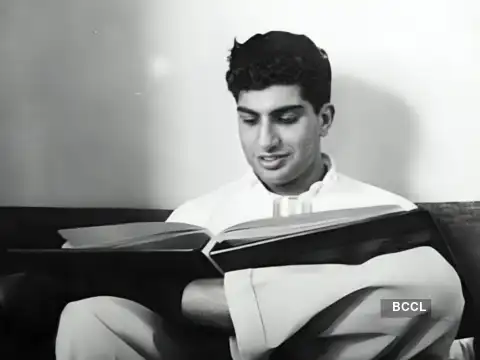
Early Life and Education of Ratan Tata
Ratan Tata was born on December 28, 1937, to the prominent Tata Family, giving him immense expectations to fulfil. His early life was shaped by the experience of his parents being separated, as well as being raised by his grandmother, Lady Navajbai Tata. Ratan Tata completed his schooling in Mumbai and then went on to study architecture at Cornell University, USA. He attended Harvard Business School’s Advanced Management Program, one of the most important business programs, to prepare him to lead one of the largest business empires in India.
Beginning of the Rise in the Tata Group
The name Tata inspires great pride and respect in the Indian population. It was almost stereotypical when Ratan Tata began on the production lines at Tata Steel in 1962, largely to avoid the perks that came with his name. This equated to great effort on his part and eventually led him to be appointed to various leadership positions in Tata Teas and Tata Motors. The turning point came in the year 1991 when he became the head of Tata Sons, and with that, the ships began to transform.
Chairman Achievements
International Growth—Tata Group got the most of his intelligence and made great global purchases; notable mentions are:
Tetley—the world’s greatest tea dealer in the year 2000.
Jaguar Land Rover—2008 marked a great year for Tata Motors when it was able to strike a deal with the ownership of both these brands. The only competition at that time was Tata Motors.
Corus Steel—at that time one of the largest acquisitions in steel in the year 2007.
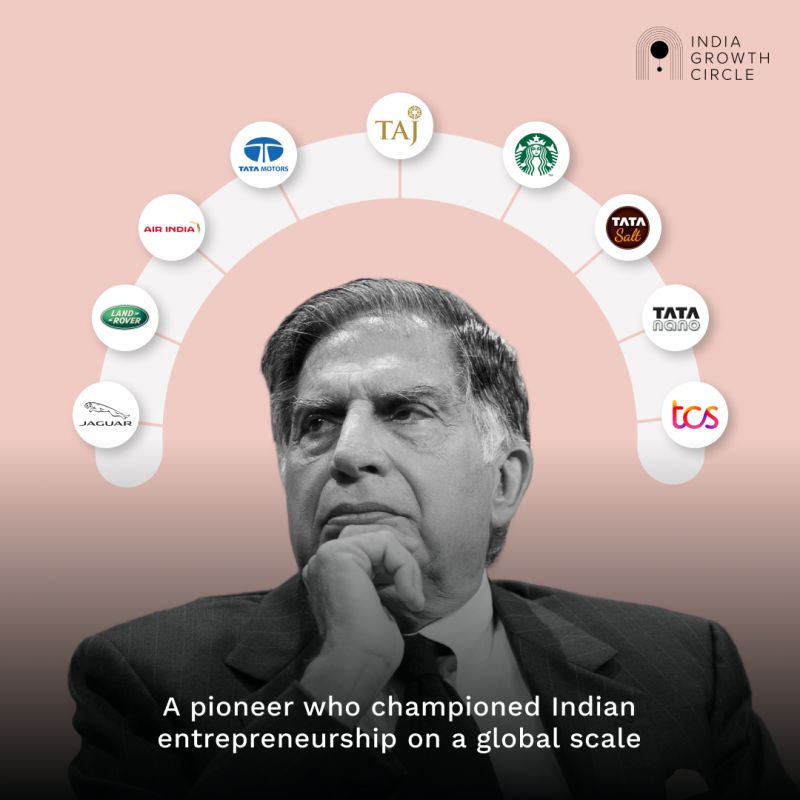
Read more- https://bhanukakkar.store/real-estate-in-india-trends-opportunities-and-challenges/
Innovation and disruption—Under his reign, he made the most affordable car at the time, named Tata Nano. The largest fear was that even with all its shortcomings, its revolutionary projects proved that Tata was interested in aiding the disenfranchised.
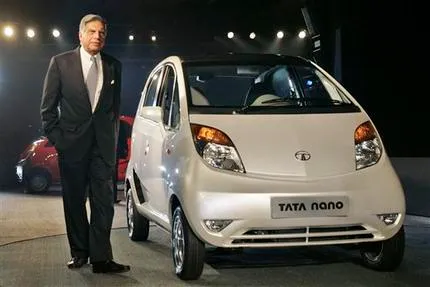
Company morals: The greatest legacy of the corporation was to operate with an unarguable decency. Ratan Tata made sure this legacy was kept in regard to the importance of the business operations.
Philanthropy and Social Impact
Ratan Tata’s business foresight is matched by his philanthropy. He has directed The Tata Trusts to finance projects that focus on education, healthcare, and rural development. Some of these projects include:
Tata Medical Centre—It is a leading cancer hospital where patients receive integrated cancer treatment.
Tata Institute of Social Sciences (TISS) and Indian Institute of Science (IISC)—major institutes supported by Tata funding.
Support for Startups—Through his personal investments, he mentions backing companies such as young entrepreneurs, Ola, Paytm, and Zivem.
Personal symptoms and leadership style
Ratan Tata is known for his humility, simplicity, and people-focused approaches. Despite his wealth, he lives politely and is deeply connected to the employees and the public. Their leadership is characteristic:
Sympathy—He personally consoled the victims of the 26/11 attacks in the Taj Hotel (a Tata property).
To take risks—their bold decisions, such as obtaining JLR, redefine Tata’s global appearance.
Integrity—They refused to engage in corruption, even though it meant losing business opportunities.
Awards and beliefs
Ratan Tata’s contribution has earned him much praise, including the following:
Padma Bhushan (2000) and Padma Vibhushan (2008)—the third and second largest civilian honours in India.
Honorary Knighthood (UK, 2014)—for their contribution to industry and philanthropy.
Lifetime Achievement Awards from Forbes, Carnegie Mellon, and other prestigious institutions.
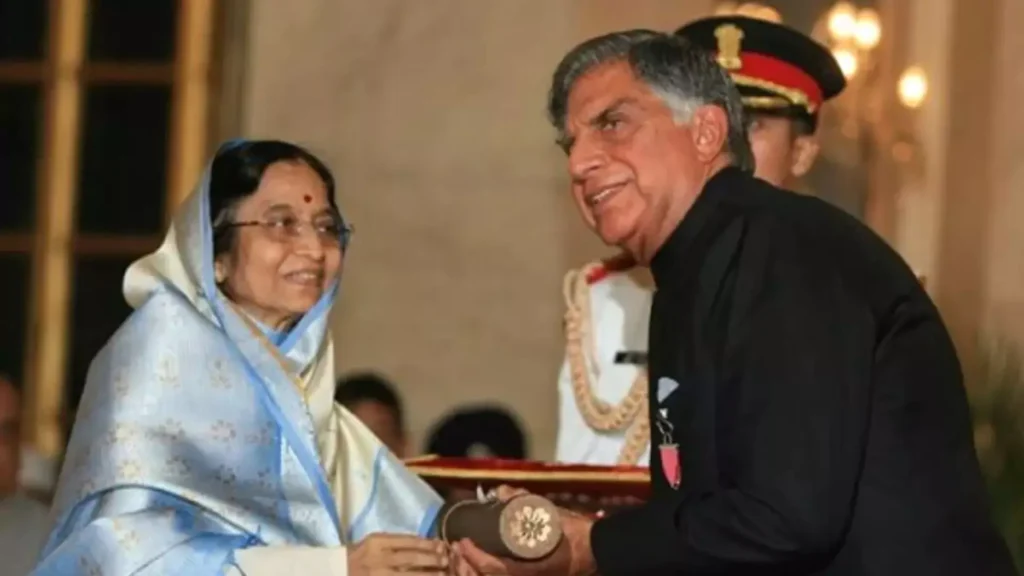
Inheritance and continuous impact
Even after retiring in 2012, Ratan Tata was active as Emeritus at Tata Sons. He continues to inspire future leaders through his investment, mentorship, and advocacy for moral business. His autobiography, The Tata Group: From the Flashlight to the Trailblazer, reflects his journey and vision.
Conclusion
The life of Ratan Tata is proof of visionary leadership, compassion, and nation-building. Staying true to its values, he turned the Tata Group into a worldwide behemoth. His humility and devotion to social causes help him to be not only a corporate icon but also a model for next generations. “None can destroy iron, but its own rust can. Similarly, none can destroy a person, but their own mindset can.” Leaders all across will be motivated by Ratan Tata’s legacy.
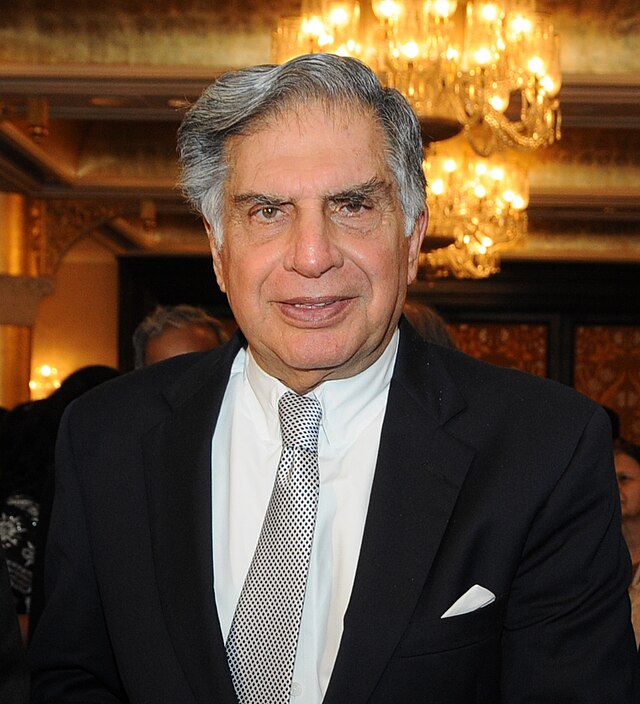







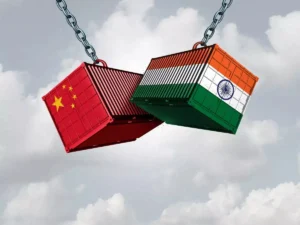


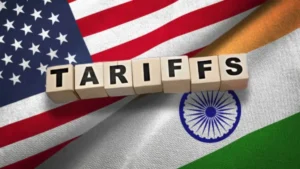


Post Comment